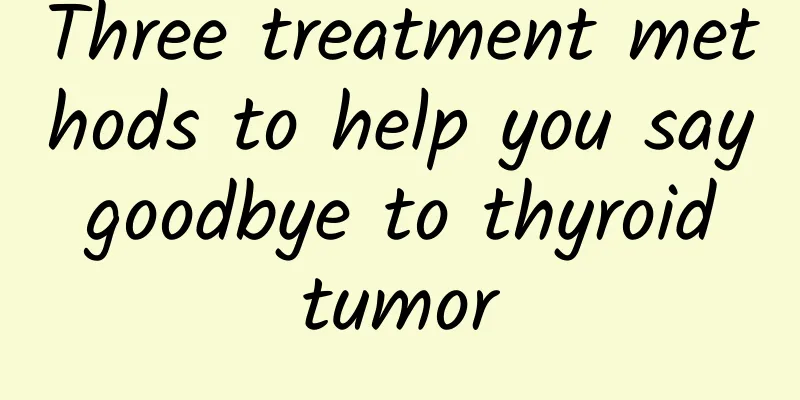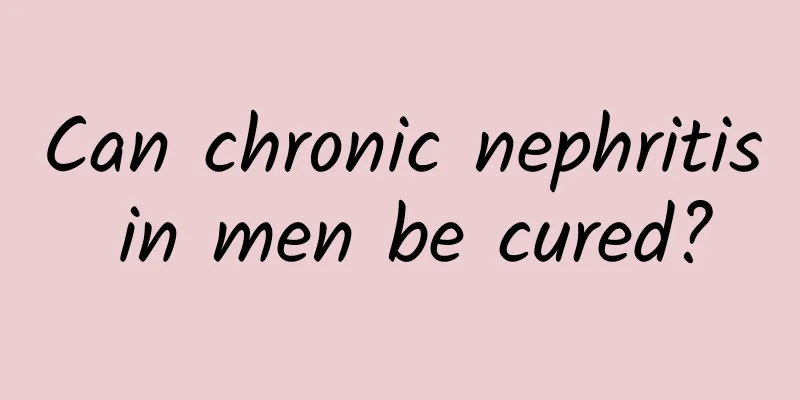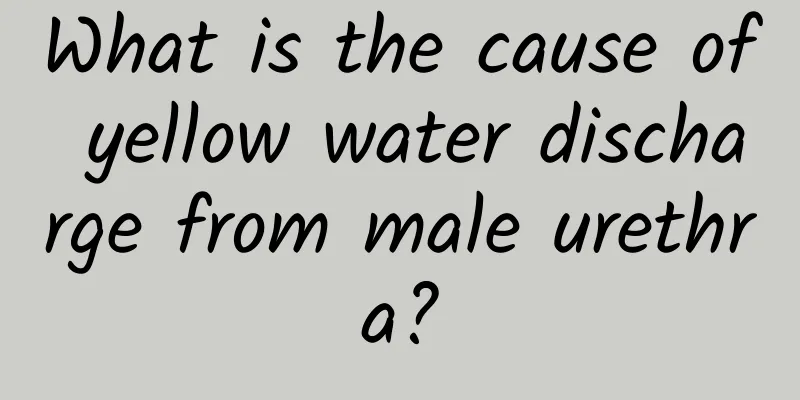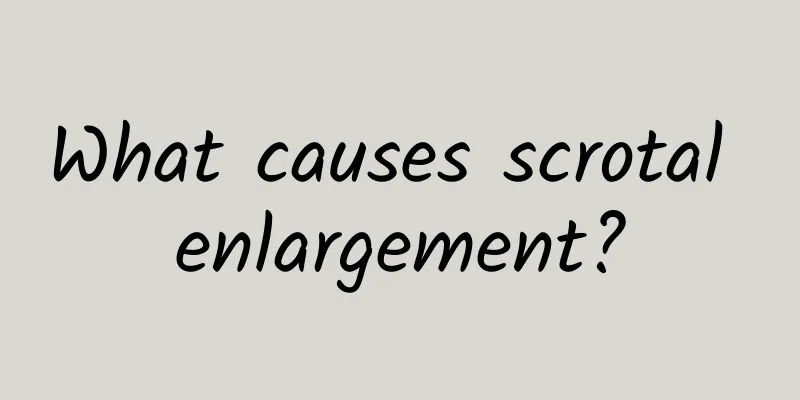Three treatment methods to help you say goodbye to thyroid tumor

|
Thyroid tumor is a common tumor disease. It is a tumor formed by the change of the thyroid gland. There are many treatment methods for thyroid tumor, and the cure rate is very high. Thyroid tumor is a benign tumor, and the treatment method is relatively simple compared with other tumors. 1. Endocrine therapy1: Thyroid hormone can inhibit the secretion of thyrotropin, thereby inhibiting the proliferation of thyroid tissue and well-differentiated cancer. Endocrine therapy has a positive clinical therapeutic effect on differentiated thyroid cancer, which can reduce the recurrence rate and metastasis rate and improve the patient's survival rate. In clinical practice, 80-120 mg/day of thyroid (dry slices) is often used for life, and it can also be used as a long-term replacement therapy after thyroid cancer surgery. Some people believe that endocrine therapy can also be used as an adjuvant treatment for thyroid cancer in children after surgery, and prednisone 10-30 mg/day is often used orally. 2. Radiation therapy1: External radiation: The sensitivity of various types of thyroid cancer to radiation varies greatly, which is almost inversely proportional to the degree of differentiation of thyroid cancer. The better the differentiation, the worse the sensitivity, and the worse the differentiation, the higher the sensitivity. Therefore, radiotherapy is best for undifferentiated thyroid cancer. Therefore, the treatment of undifferentiated cancer is mainly radiotherapy, and surgery is only an auxiliary treatment measure. Occasionally, a few early cases can receive surgical treatment, but in order to improve the efficacy and reduce the chance of recurrence, preoperative radiotherapy should be used routinely after surgery and then surgery. 2: Internal radiation: Many differentiated thyroid cancers have the ability to absorb iodine. The radioactivity is highly concentrated in the tumor tissue, which can play an internal radiation role, while the radiation damage to the surrounding tissues is very small. Many literatures consider papillary carcinoma and follicular carcinoma together, especially the metastatic lesions of both may absorb 131I. Theoretically, follicular carcinoma has a better ability to absorb iodine. In short, for those lesions that recur or metastasize to distant places and cannot be surgically removed, as long as the tumor contains functional follicles that can show the ability to absorb iodine, radioactive iodine can be used for treatment. In recent years, some people have used 131I treatment as a routine adjuvant treatment measure for differentiated thyroid cancer, thereby improving the efficacy. 3. Surgical treatment1: The malignancy and metastasis pathways of each pathological type of thyroid cancer are different, so the treatment principles are also different. Papillary carcinoma is less malignant. If the cancer is still confined to the gland and the cervical lymph nodes have not metastasized, the affected side of the gland and the sacrum can be completely removed, and the lateral gland can be mostly removed. There is no need to perform cervical lymph node dissection. If there is cervical lymph node metastasis, the lymph nodes on the affected side should be removed at the same time. 2: For follicular adenocarcinoma, even if the cancer is confined to one gland, both glands should be removed together with the sulcus. If there is no cervical lymph node metastasis, cervical lymph node clearance is not required. 3: The scope of surgery for medullary carcinoma is the complete removal of the glands on both sides. Since medullary carcinoma metastasizes to the cervical lymph nodes in the early stages, the affected side or bilateral cervical lymph nodes should be removed at the same time. 4: Undifferentiated cancer grows rapidly and is highly malignant, usually in an invasive manner. It is unlikely to be surgically removed. To prevent breathing difficulties caused by cancer development, a tracheotomy can be performed, and a combination of surgery, chemotherapy, and radiotherapy can be used. Squamous cell carcinoma also develops rapidly, is highly malignant, and invades other important organs at an early stage. The current treatment method is to remove the tumor as much as possible, and then give radical radiotherapy. It can also be treated with preoperative radical radiotherapy and then surgical treatment if a clear diagnosis is made. Four: It can be seen that thyroid tumorThere are treatment methods. As for the treatment effect, it depends on the doctor and the patient. The doctor can professionally select a good treatment plan to help the patient with treatment; the patient needs to maintain a positive attitude and work hard to cooperate with the doctor's treatment, which is conducive to promoting the progress of treatment. In addition, the patient should also develop healthy living habits in daily life, which is also helpful for treatment. I hope everyone can recover soon. |
<<: What to do if your skin itches after taking a shower? Tips to relieve itchy skin
>>: Garlic treats hemorrhoids, garlic also has such magical effects
Recommend
Honey soaked garlic, a unique and delicious health food
Honey and garlic seem to be two foods that have n...
How to treat fungal urethritis in men
Fungal urethritis is actually a relatively common...
What is the cause of male genital herpes?
Genital herpes is a common clinical disease. It i...
What to do if there is dirt on the glans penis
I believe everyone knows the importance of the gl...
8 small details that can cause big problems for men
People tend to ignore some small details in life ...
"Pinching method" can prevent and treat premature ejaculation in men
Because everyone's physique is different, the...
The man was exhausted and couldn't wake up
Under normal circumstances, if the sleep quality ...
A must-have for geeks! A plate of squid rice is enough to fill you up
The price of squid in the market is much cheaper ...
Male urine has a fishy smell
It is quite common for men's urine to have a ...
What are the causes of blood in men's stools?
The most common causes of blood in the stool for ...
Can orchitis be cured?
The most important thing for men is their reprodu...
Is it normal to have pus discharge after circumcision?
Circumcision is a surgery that many men will unde...
Male urine has a strong odor
There are many reasons why men have strong urine ...
How to lose chin fat, tips to get rid of double chin
In daily life, we will find that some people look...
What to do if the glans penis cannot get hard
Men actually pay great attention to their reprodu...









